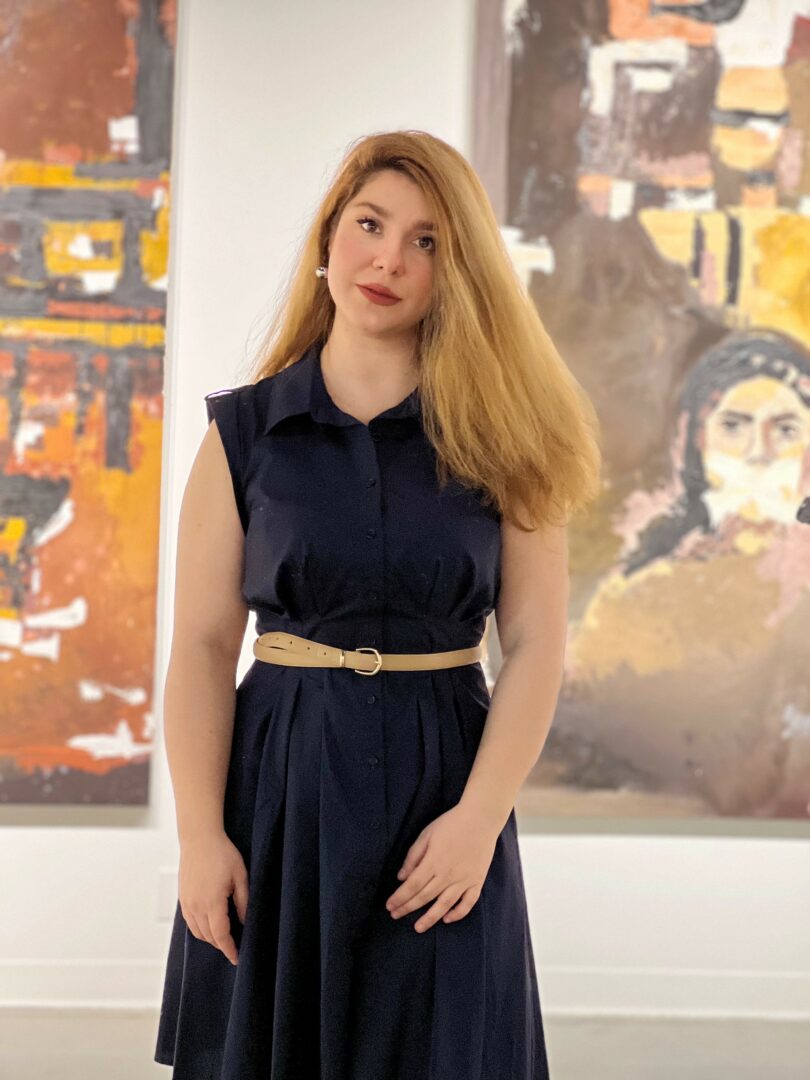We caught up with the brilliant and insightful Roya a few weeks ago and have shared our conversation below.
Roya, so good to have you with us today. We’ve got so much planned, so let’s jump right into it. We live in such a diverse world, and in many ways the world is getting better and more understanding but it’s far from perfect. There are so many times where folks find themselves in rooms or situations where they are the only ones that look like them – that might mean being the only woman of color in the room or the only person who grew up in a certain environment etc. Can you talk to us about how you’ve managed to thrive even in situations where you were the only one in the room?
Being the only one in the room who looks like me hasn’t always been easy, but it’s taught me how to trust myself and speak up even when it feels uncomfortable. I’ve learned to see my difference as a strength , it gives me a unique perspective and a reason to stay grounded in who I am. Over time, I’ve gotten better at finding common ground, building connections, and letting my work speak for itself. It’s made me more confident, more adaptable, and more driven to create space for others, too.
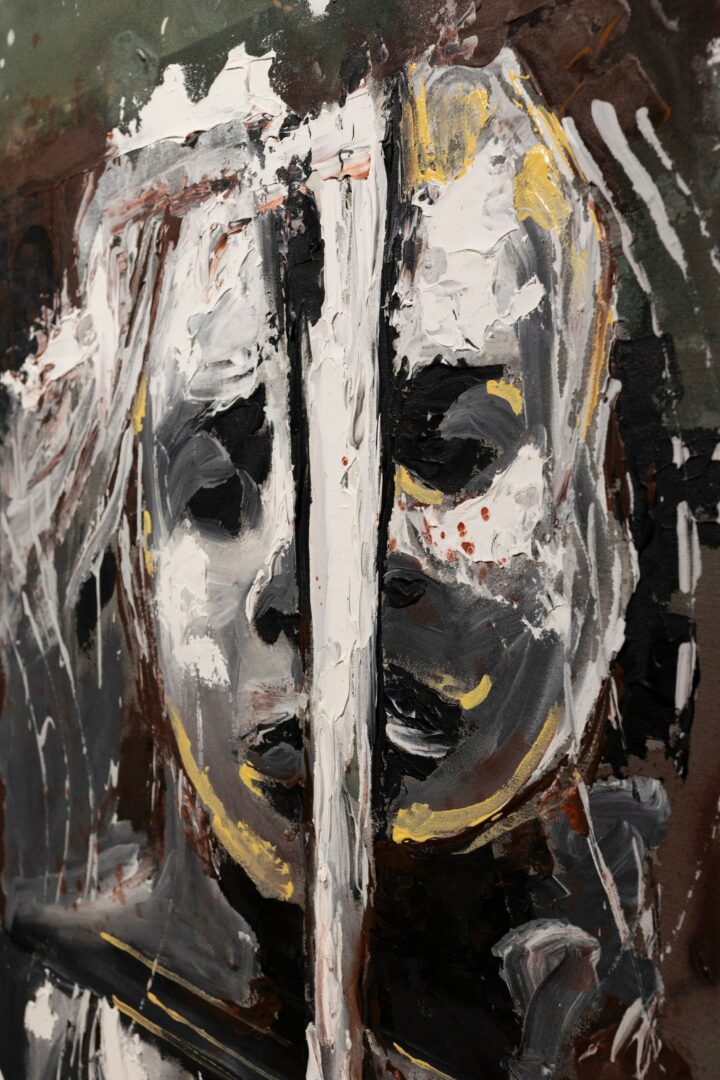
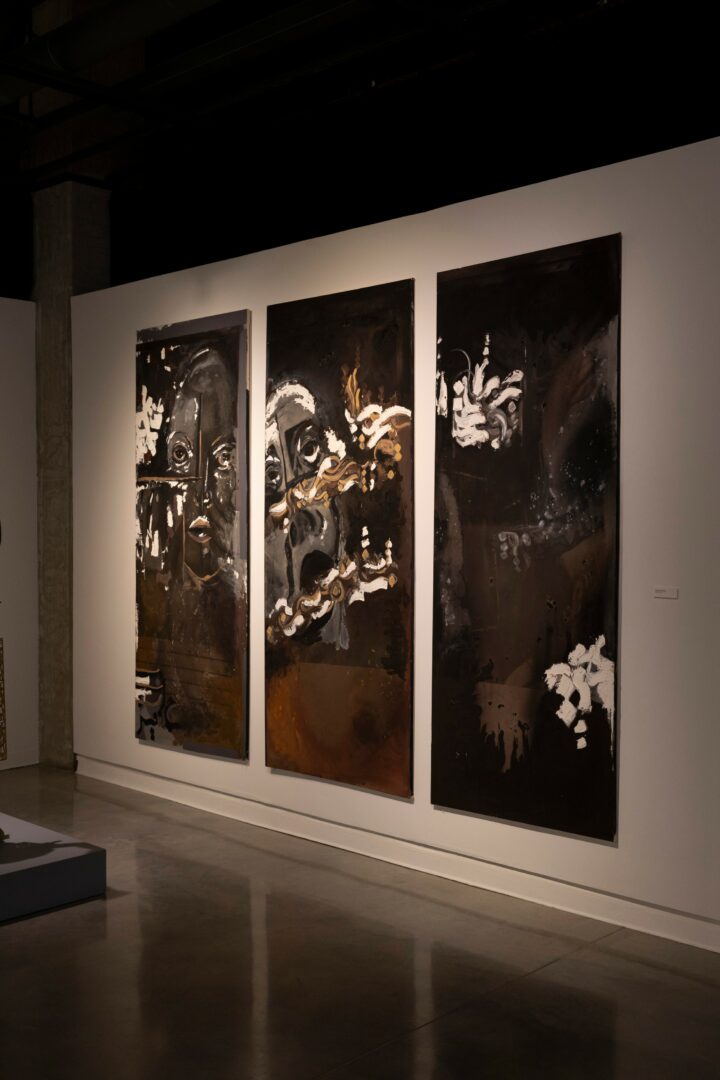
Thanks, so before we move on maybe you can share a bit more about yourself?
I’m a visual artist and researcher whose work explores identity, resistance, and memory,especially through the lens of Iranian womanhood. My practice blends photography, painting, and performance to tell stories that are both personal and political. What excites me most is using art as a form of activism,to challenge dominant narratives and create space for voices that are often silenced. Right now, I’m preparing for an upcoming group show and also developing a new body of work that focuses on resilience in the face of displacement. My hope is that my work sparks conversation, reflection, and a deeper sense of connection across cultures and experiences.
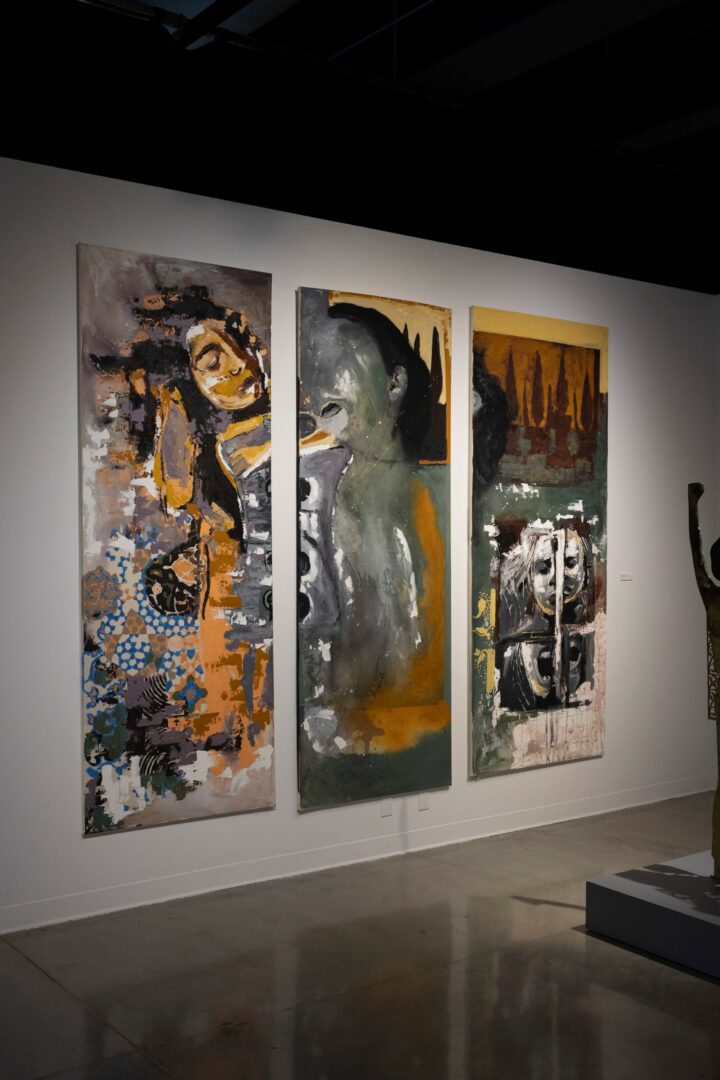
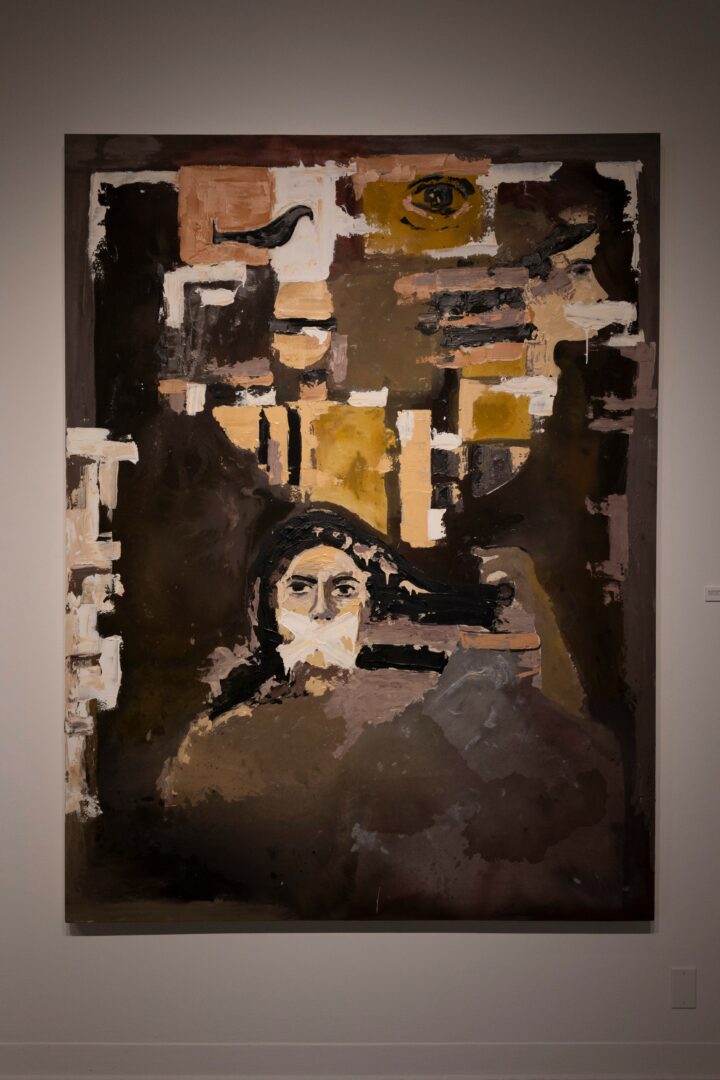
Looking back, what do you think were the three qualities, skills, or areas of knowledge that were most impactful in your journey? What advice do you have for folks who are early in their journey in terms of how they can best develop or improve on these?
Looking back, the three most impactful things in my journey have been persistence, empathy, and storytelling. Persistence helped me keep going through uncertainty and rejection, especially as an immigrant artist navigating new systems. Empathy allows me to connect deeply with people and subjects, making my work more honest and resonant. And storytelling, visually and conceptually, has been my way of making sense of complex issues and sharing them with others. For those just starting out, I’d say: stay curious, don’t be afraid to ask for help, and trust that your unique perspective has value. Keep showing up for your work, even when no one’s watching.
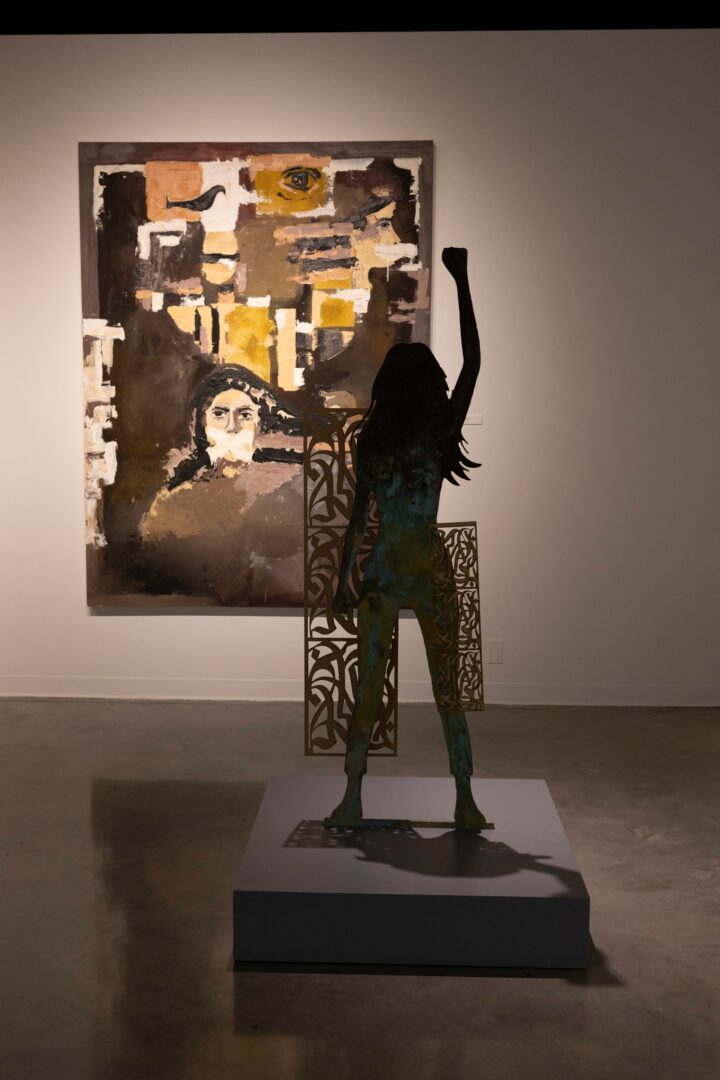
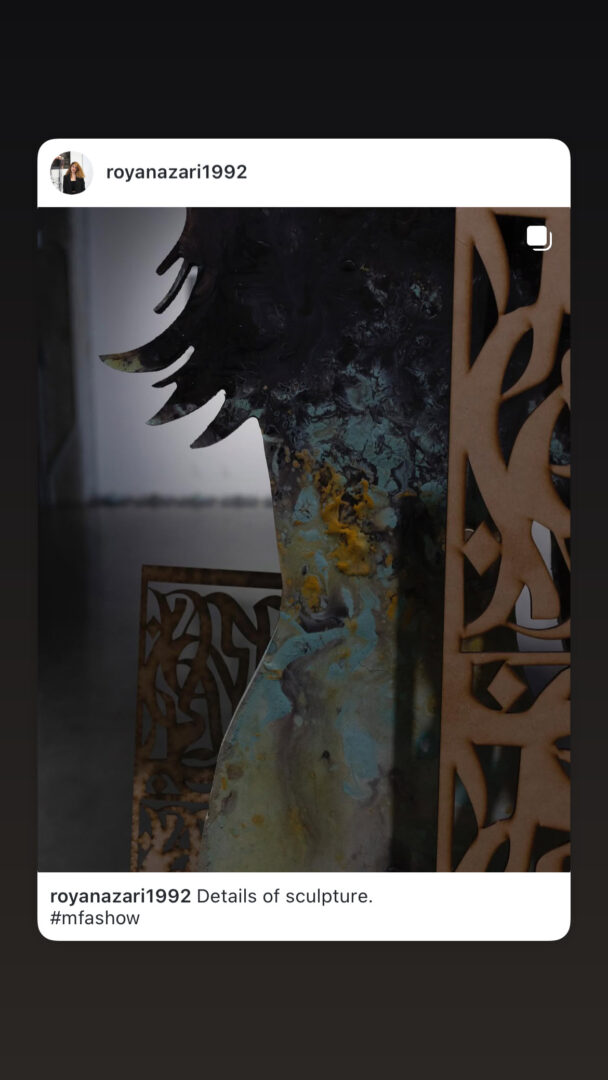
Is there a particular challenge you are currently facing?
Right now, my biggest challenge is balancing financial stability with staying true to my artistic and academic vision. As an emerging artist and researcher, opportunities don’t always come with funding, and it can be difficult to sustain creative work while also covering basic needs. I’m tackling this by applying to fellowships, grants, and teaching opportunities that align with my values, and by building a community of peers and mentors who help me stay focused and encouraged. It’s a constant balancing act, but I’m learning to navigate it one step at a time.
Contact Info:
- Website: https://www.royanazari.com
- Instagram: @royanazari1992
- Linkedin: Roya Nazari Najafabadi
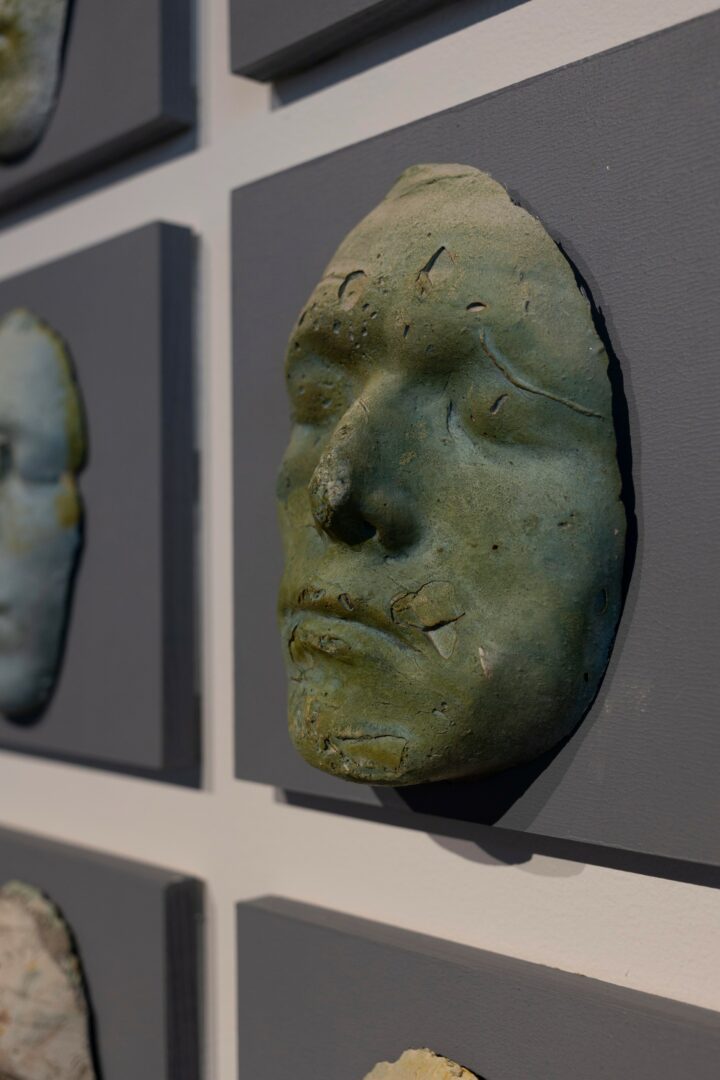
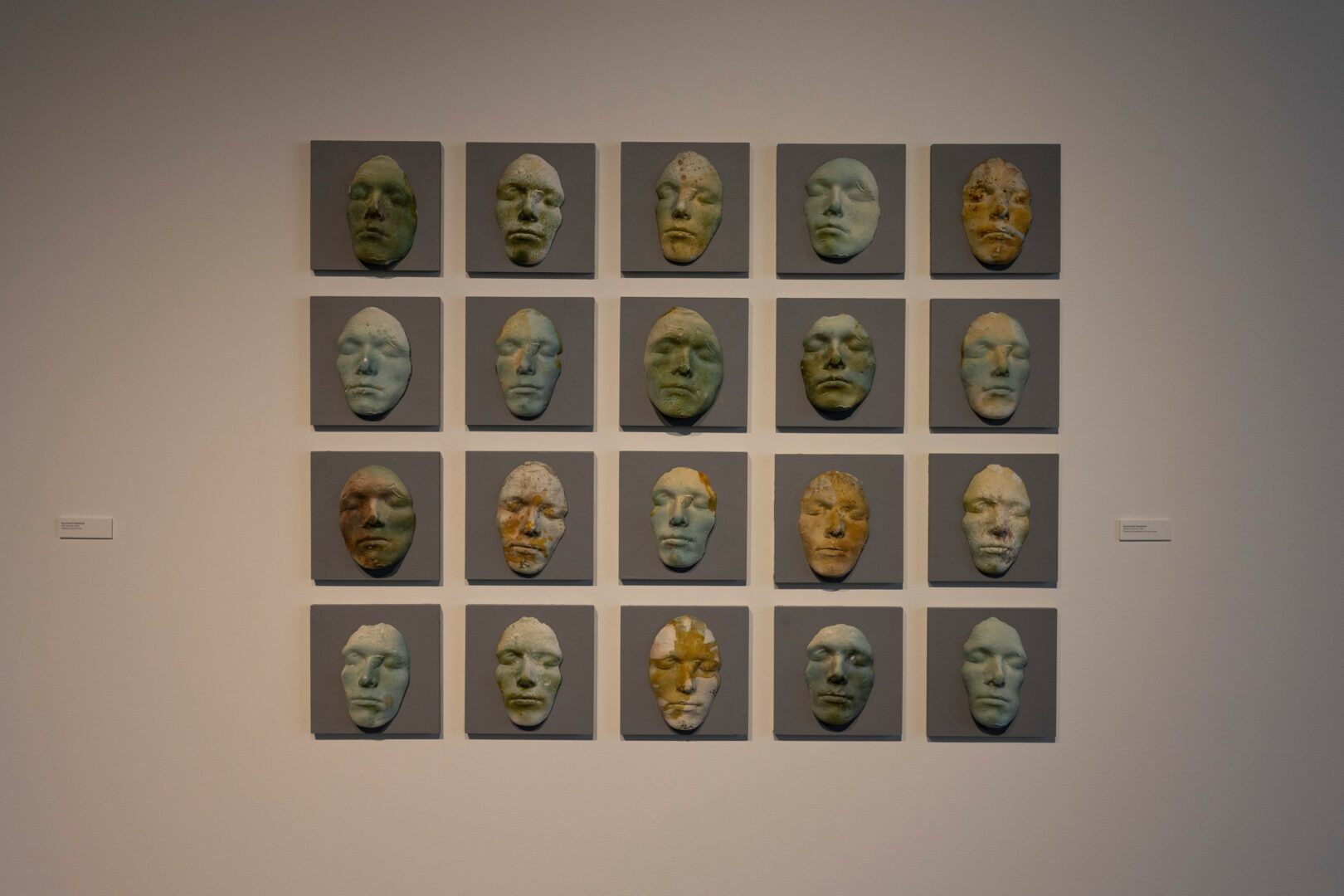
so if you or someone you know deserves recognition please let us know here.

